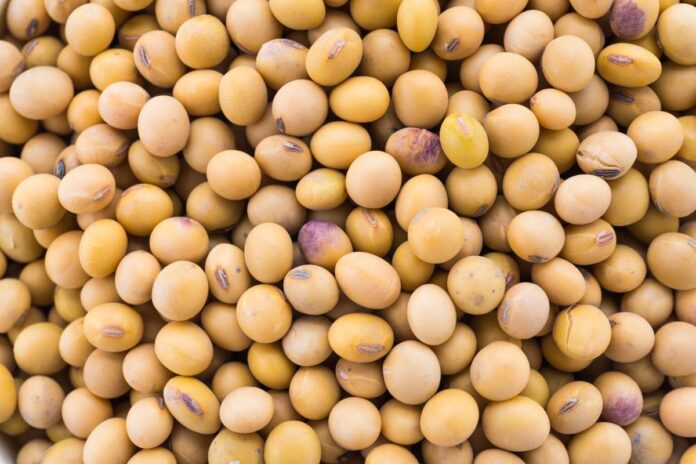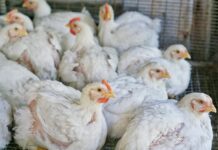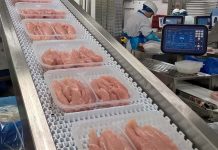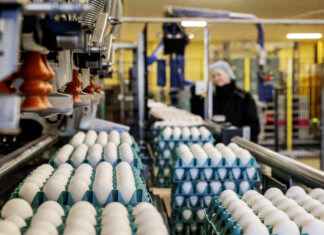
The European Feed Manufacturers’ Federation (FEFAC) has issued an urgent warning to EU agriculture ministers over the risk of severe soy supply disruptions resulting from the European Commission’s proposed “targeted simplification” of the EU Deforestation Regulation (EUDR).
In a formal letter (25_INST_40) addressed to the Danish EU Farm Council Presidency, FEFAC expressed serious concerns that the Commission’s latest proposal could lead to the freezing of soy trade flows essential for the European feed and livestock sectors. The federation attached data illustrating the immediate market volatility triggered by policy uncertainty—showing sharp increases in soybean meal prices following the Commission’s announcements on 23 September and 20 October 2025.
“European compound feed manufacturers once again face a ‘frozen’ soy market,” said FEFAC President Pedro Cordero. “Suppliers have withdrawn offers for 2026 deliveries, while the few remaining 2025 offers are scarce and subject to steep EUDR-related price premiums.”
According to FEFAC, the proposed six-month postponement of checks and penalties by competent authorities offers little reassurance to operators. The federation warns that legal uncertainty—including the risk of retroactive enforcement—has already made trading partners cautious, jeopardising the continuity of soy imports from key sourcing regions.
FEFAC estimates that the resulting supply chain disruptions could add up to €1.5 billion in additional costs for the EU livestock sector, undermining the EU’s Vision on Agriculture & Food, which aims to strengthen competitiveness and resilience across the value chain.
Cordero cautioned that the situation could have broader market consequences: “The uncertainty surrounding EUDR compliance is deterring suppliers, raising prices, and creating serious bottlenecks. This not only threatens feed security but also risks driving further inflation in animal products.”
To prevent a deepening crisis, FEFAC is urging both the EU Council and the European Parliament to adopt an immediate postponement of the EUDR’s application for all operators. The organisation argues that such a step is necessary to stabilise trade, safeguard vital soy imports, and prevent cascading disruptions across the feed and livestock sectors.
Source: FEFAC
















